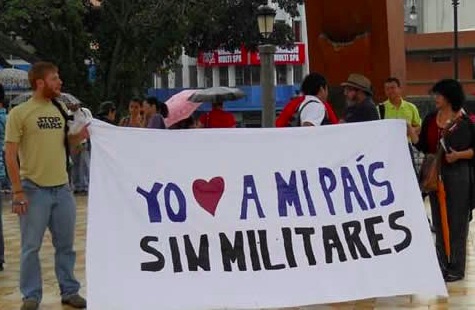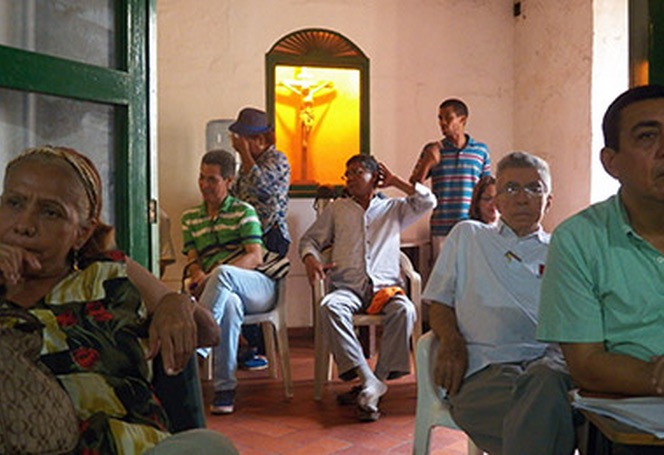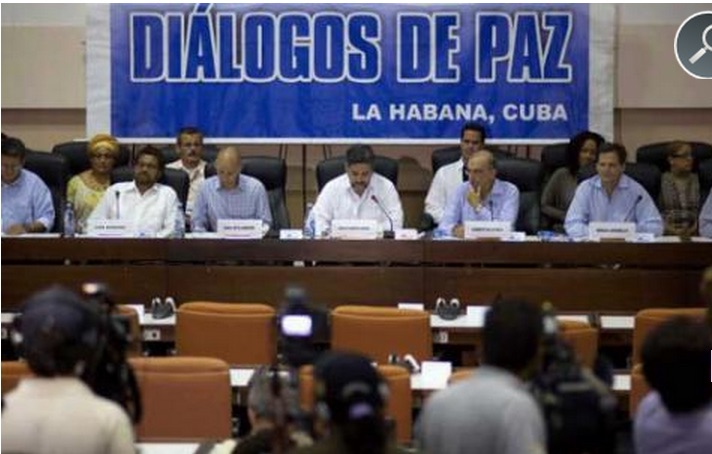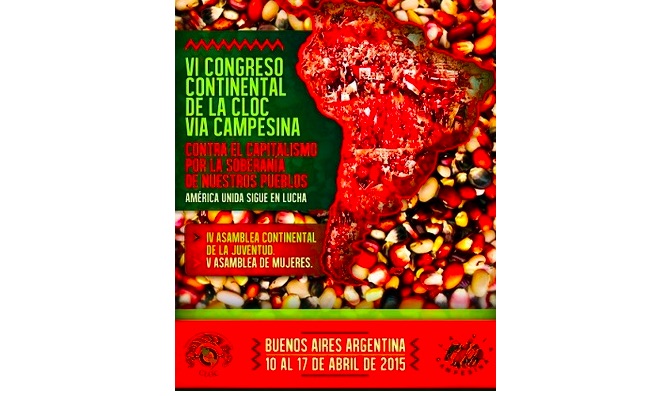FREE FLOW OF INFORMATION
An article by David Swanson (abridged)
The forthcoming film, A Bold Peace: Costa Rica’s Path of Demilitarization, should be given every possible means of support and promotion. . . In 1948 Costa Rica abolished its military, something widely deemed impossible in the United States. This film documents how that was done and what the results have been. I don’t want to give away the ending but let me just say this: there has not been a hostile Muslim takeover of Costa Rica, the Costa Rican economy has not collapsed, and Costa Rican women still seem to find a certain attraction in Costa Rican men.

How is this possible? Wait, it gets stranger.
Costa Rica provides free, high-quality education, including free college, as well as free healthcare, and social security. Costa Ricans are better educated than Americans, live longer, are reported as happier (in fact, happiest in the world in various studies), and lead the world in the use of renewable energy (100% renewable energy lately in Costa Rica). Costa Rica even has a stable, functioning democracy . . .
Costa Rica has developed a culture of peace, including an educational system that teaches children nonviolent conflict resolution. . . How did this come to be? The film provides more context than I was previously aware of. Rafael Calderón Guardia, president from 1940 to 1944, began the welfare state in a major way through a unique pre-Cold War coalition of support that included the Catholic church and the communist party. In 1948 Calderón ran for president again, lost, and refused to recognize the results. A remarkable man named José Figueres Ferrer, also known as “Don Pepe,” who had educated himself at Boston Public Library and returned to Costa Rica to start a collective farm, led a violent revolution and won.
Figueres made a pact with the communists to protect the welfare state, and they disbanded their army. And after his own troops threatened a rightwing coup, he disbanded his own army, that of the nation of Costa Rica, saying:
“Los hombres que ensangrentamos recientemente a un país de paz, comprendemos la gravedad que pueden asumir estas heridas en la América Latina, y la urgencia de que dejen de sangrar. No esgrimimos el puñal del asesino sino el bisturí del cirujano. Como cirujanos nos interesa ahora, mas que la operación practicada, la futura salud de la Nación, que exige que esa herida cierre pronto, y que sobre ella se forme cicatriz más sana y más fuerte que el tejido original.
“Somos sostenedores definidos del ideal de un nuevo mundo en América. A esa patria de Washington, Lincoln, Bolívar y Martí, queremos hoy decirle: ¡Oh, América! Otros pueblos, hijos tuyos también, te ofrendan sus grandezas. La pequeña Costa Rica desea ofrecerte siempre, como ahora, junto con su corazón, su amor a la civilidad, a la democracia” . . .
(Article continued in right column)
Does Costa Rica have a culture of peace?
(Article continued from left column)
Figueres used a citizens militia and then disbanded it. He expanded the welfare state, extended the right to vote to women and Afro-Caribbeans, and nationalized banks and electricity. Then he retired peacefully, later to be elected president twice more, in 1953 and 1970. He lived until 1990, the victorious general who did what Eisenhower never dared: abolished the military industrial complex.
The U.S. government, under President Reagan, tried to force Costa Rica into military conflict, but Costa Rica proclaimed neutrality. It did not maintain this neutrality as absolutely as one might like, but it never became home to a big U.S. military base as did Honduras.
In 1985, Oscar Arias was elected president on a peace platform, defeating Calderón’s son campaigning on a platform of militarization. Although the U.S. was threatening sanctions, and although 80% of the Costa Rican people opposed the Sandinista government in Nicaragua, over 80% in Costa Rica opposed any militarization. Reagan scared Americans of communists in Nicaragua, but seems not to have scared the Ticos at all. On the contrary, Arias met repeatedly with Reagan, turned him down on at least all the main points, and gathered nations together to negotiate peace in Central America — for which he was given a Nobel Peace Prize that may have actually served an appropriate purpose.
What withstood Reagan’s pressure was not an individual or a political party, but Costa Rica’s culture of peace. A new threat came in 2003, when Costa Rica joined the Coalition of the Willing (to attack Iraq). Costa Rica provided only its name, no actual participation. But a law student named Luis Roberto Zamora Bolanos successfully sued his own government in Costa Rican courts and forced Costa Rica out of the coalition.
While the film doesn’t go into it much, the same lawyer sued Arias and others repeatedly to keep weapons companies and U.S. ships out of Costa Rican territory. In 2010 the U.S. helped overthrow the president of Honduras and flew him to Costa Rica. The U.S. uses its drug war as an excuse to put military ships in Costa Rican waters.
In 2010 Nicaragua took over a Costa Rican island, at least in the view of Costa Rica. Had Costa Rica possessed a military, a war would likely have begun. While Costa Rica did send its “police” to the area, not one bullet was fired. Rather the dispute was resolved in international courts, as all such disputes should be. . .
The film presents a fair portrait, flaws included. I watched it with my 9-year-old son who now wants to move there. The film includes video of past and current presidents, activists, professors, and journalists. It even includes extensive commentary from Luis Guillermo Solís Rivera as a long-shot presidential candidate seeking to uphold Costa Rica’s pacifist traditions in a manner that Japan’s president is of course not attempting. Then we see Solís surge ahead and win. He is now president.
Costa Rica is an inspiration to those of us seeking to abolish war.








